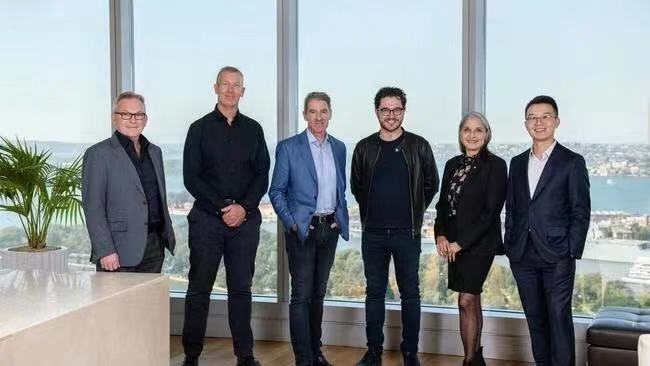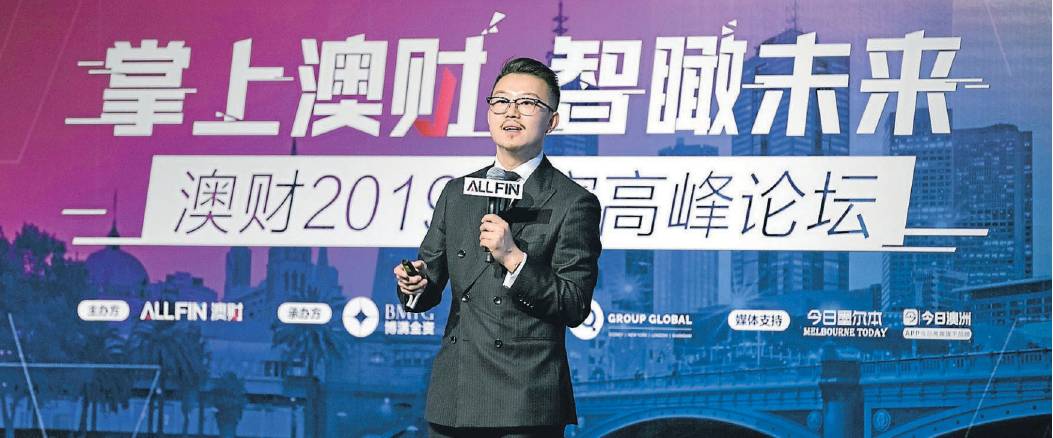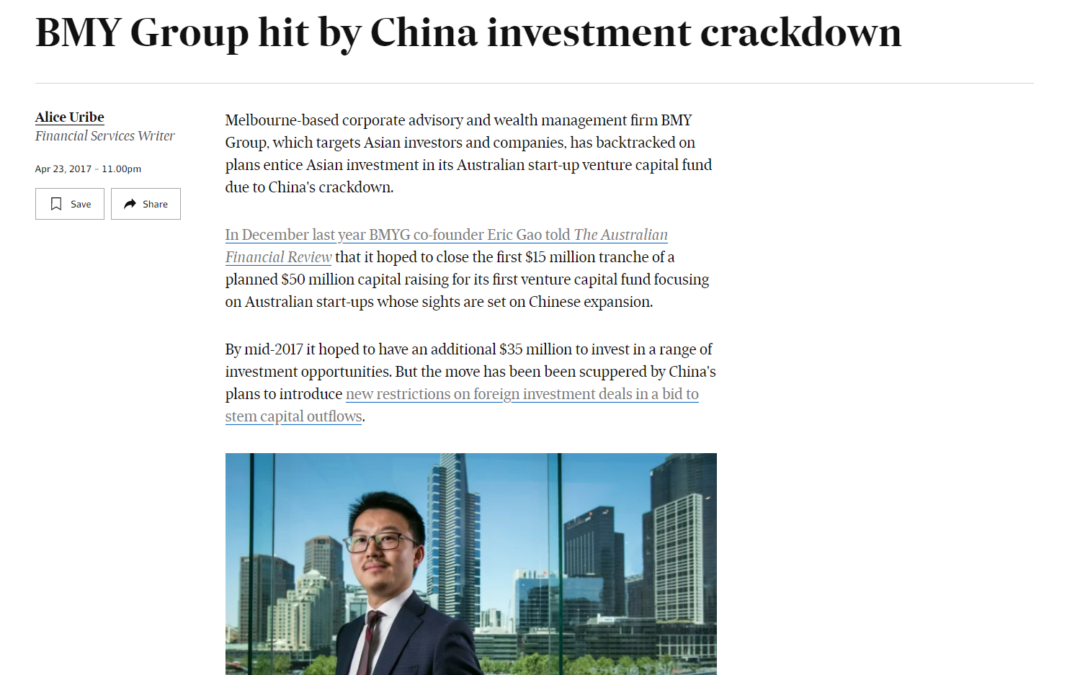
OpenMarkets Group shakes up board ahead of IPO
Wealth management fintech OpenMarkets Group has shaken up its board and executive teams ahead of an ASX listing that is coming imminently, according to the company‘s chief executive Ivan Tchourilov.
The software company, which recently closed a $10m pre-seed funding round, has grown from 17 staff members to 88, and is in the midst of recruiting 30 more as it seeks to capitalise on positive market conditions with a public listing this year.
Major recent appointments at OpenMarkets Group include new chairman Naseema Sparks AM, non-executive directors Andrew Rutherford and Paul Rayson, chief financial officer Bob Alexander and new chief technology officer Phil Cussen.
It‘s a board refresh that CEO Ivan Tchourilov said would set the company up for public market success. OpenMarkets is now Australia’s second-largest retail broker, behind only CommSec.
“The big problem that we‘re solving is that the number of people who are advised in Australia is dropping quite dramatically,” Mr Tchourilov told The Australian in an interview.
“There‘s plenty of evidence to show that people should have financial advice. We’ve calculated that since the royal commission just over 50 per cent of the hours of advice have been taken out of the industry.
“I think that for the majority of people, who need help with budgeting and putting a plan in place, technology can form part of that solution for them.”
The company‘s new chair, Naseema Sparks, is former managing director of M&C Saatchi in Australia and has steered a number of pre-IPO organisations through to a successful ASX listing.
“I look for two things when I join a board; a robust and compelling business model, and a good management team and strong board of directors,“ she said.
“OpenMarkets Group has both of these and I’m excited by the opportunities available to OMG to disrupt and create broader access in the trading and wealth management industry.”
Overall the company currently has two platforms – OpenMarkets, which offers business-to-business solutions and an online brokerage – and OpenTrader, for professional traders.
The company‘s latest statistics show that between its business-to-business and business-to-consumer platforms it services 180,000 accounts and clears more than $50 billion in annualised volume.
The group also recently acquired financial planner advice platform InvestFit, which will be rebadged to ‘OpenMarkets Advice’. Mr Tchourilov described it as a goals-based advice tool that combines stochastic modelling and portfolio optimisation, and increases efficiency and compliance for the adviser.
Mr Tchourilov pointed to statistics from ASIC showing just 12 per cent of Australians had received financial advice in the previous 12 months, while an estimated $3.5 trillion will be transferred from Baby Boomers to younger Australians in the next 20 years.
“There is a lot of distrust out there for the financial services industry,” Mr Tchourilov said. ”Young people are now trading online and trying to self-service online. It‘s a generation that’s really looking for community support, they’ll look for trading advice from Reddit for example, and technology just hasn’t kept up with the audience at all.”
He added that an IPO was on the cards ‘sooner rather than later’.
“There is still a little bit of work for us to do but we are definitely making progress, which is good.”
Article sourced from: The Australian-“OpenMarkets Group shakes up board ahead of IPO”.








